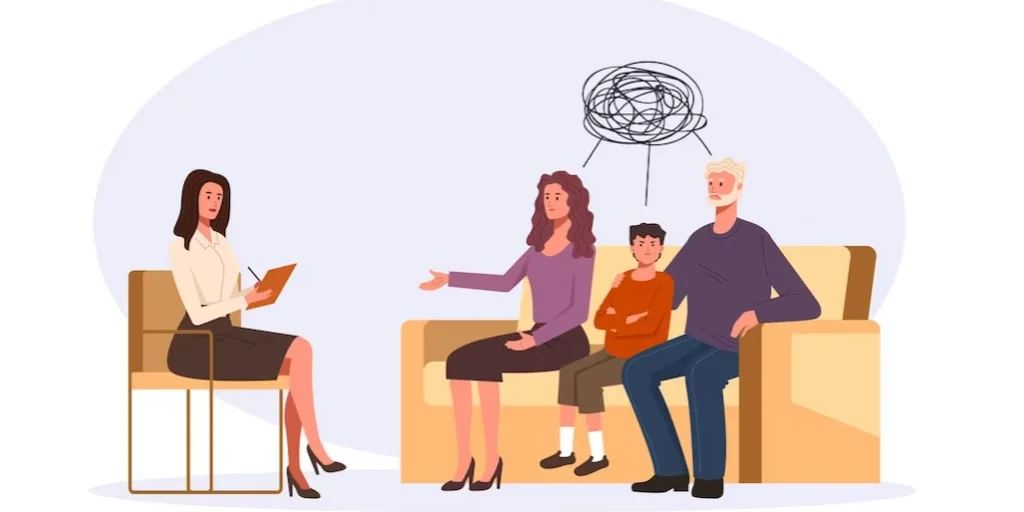24/7 Helpline:
(866) 899-221924/7 Helpline:
(866) 899-2219
Learn more about Anxiety Treatment centers in Gunnison

Other Insurance Options
Beacon

Carleon

Multiplan

Meritain

BlueShield

Health Partners

Regence

WellCare Health Plans

UnitedHealth Group

Group Health Incorporated

AllWell

Ambetter

Amerigroup

BlueCross

Providence

Absolute Total Care

Molina Healthcare

Access to Recovery (ATR) Voucher

Optum

Lucent

The Center for Mental Health
The Center for Mental Health is a non-profit organization and is governed by a board of directors re...

Teocalli Treatment Options
Teocalli Treatment Options offers outpatient treatmnet for individuals with alcohol and/or substance...

The Center for Mental Health – Crystal Hall
The Center for Mental Health is a non-profit organization and is governed by a board of directors re...































































